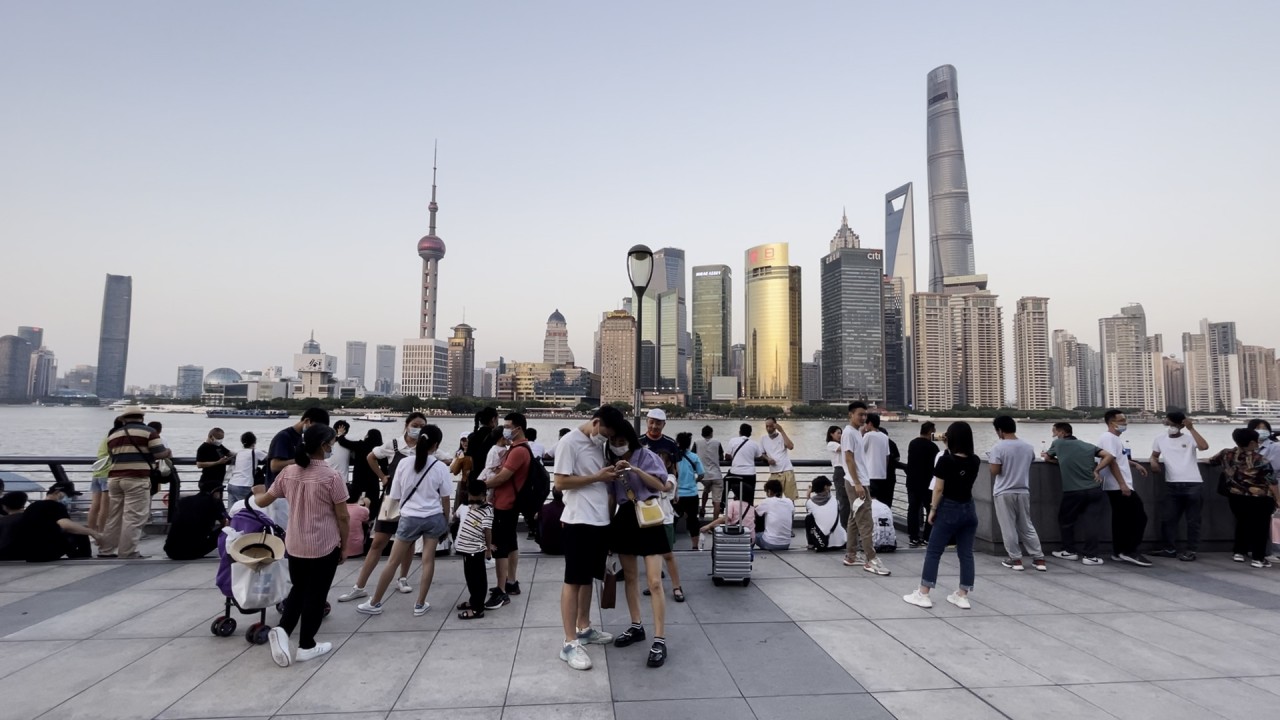
China announces latest easing of foreign investment rules
- The latest measures will see an opening up of the tourism and elderly care sectors in three major cities and the province of Hainan
- The moves are part of a pilot scheme announced in April 2021 that covered 12 service industries
The announcement comes amid growing concern from foreign investors about the country’s ongoing Covid-19 restrictions, data security and the politicisation of economic matters, on top of long-standing concerns about market barriers and an uneven playing field.
The measures are part of a pilot project that will run until April 2024 and affect companies in Chongqing, Shanghai and Tianjin, as well as the island province of Hainan.
They form part of a wider plan announced in April 2021 to relax the rules on foreign investment for three years. It contained 203 pilot projects and covered 12 key service industries, including technological services, financial services, healthcare, education and e-commerce.
The State Council asked relevant departments to make adjustments and to establish a management system that helps to expand and open up the service industry.
The latest details of the plan indicate that market access will be relaxed for private entities funded by foreign donors running non-profit nursing homes for the elderly in Tianjin, Chongqing and Hainan.
Qualified foreign-invested travel agencies in Shanghai and Chongqing will also be allowed to offer overseas tours, excluding Taiwan.
The importance of the latest measures for China’s domestic market and in showing the country’s open stance should not be underestimated, according to Zhao Xijun, a Renmin University finance professor specialising in foreign trade and investment.
“In terms of scale, the population of the four areas is considerable, which is equivalent to the opening up of the tourism and elderly care market of up to 80 million people to foreign companies,” he said.
“Besides, the move also follows the consistent practice of China’s opening up, first piloting in a small number of cities and industries, gaining experience, then steadily promoting [the measures] to more areas.”
Although China’s foreign direct investment is still recording double-digit growth, overseas investors are becoming increasingly sceptical about the business environment.
In May, the Chinese National Immigration Administration imposed a de facto international travel ban, forbidding citizens from going overseas for “non-essential” reasons.
Previous relaxations on foreign investment include measures to support the establishment of wholly foreign-owned finance companies in Shanghai and Hainan.
Hainan and Chongqing have also been cleared to allow foreign banks to participate in import and export tax payment services and related business guarantees, while Hainan will also encourage overseas financial institutions to invest in and set up securities companies.
When the pilot scheme was announced last year, Zong Changqing, head of the Commerce Ministry’s department of foreign investment administration, said Beijing had achieved positive results when it introduced similar measures in 2015.
He said that China’s GDP per capita had passed US$10,000 and foreign investment in the service sector accounted for 70 per cent of the total.
But on the other hand, he said the added value of the service industry accounted for about 55 per cent of China’s GDP – which was about 20 percentage points less than that of developed countries.
“There is a need to further expand the opening up of the service sector … and to shape new advantages on the international stage,” Zong added.



